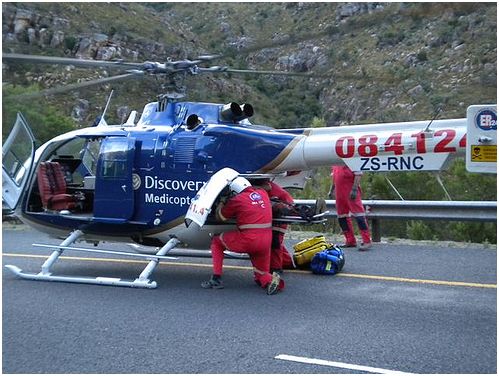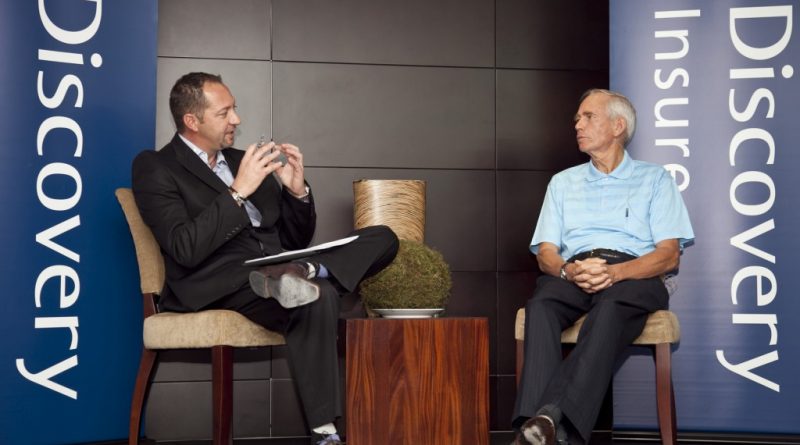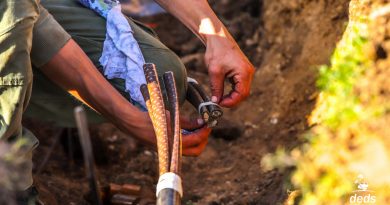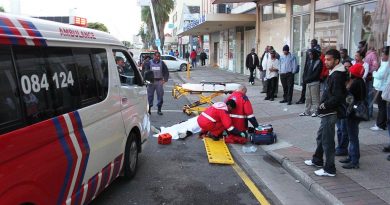Discovery Insure’s tips for travelling safely over the holidays
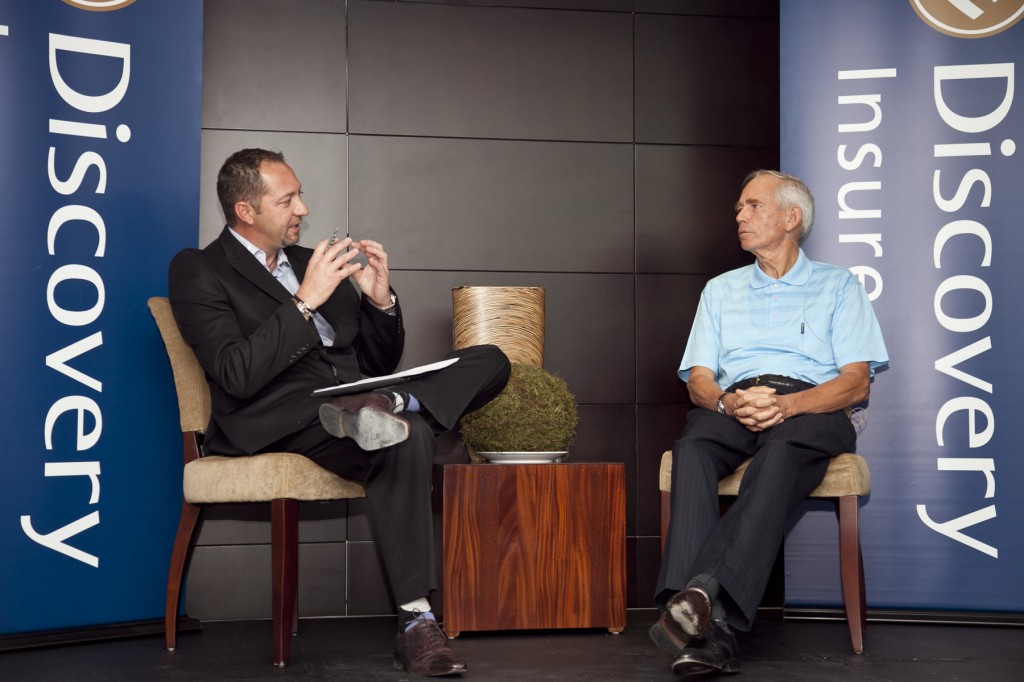
It is holiday time once again and many families are packing up their cars and heading to the coast for a well-deserved break. When preparing for a long journey, most people focus on what clothes to pack, the itinerary of the holiday, making food for the trip and determining the quickest route, but they don’t focus enough on getting to their destination safely.
Here are some tips to help you have a safe and enjoyable journey this festive season:
Long distance driving
For many people, holidays mean driving long distances to get to their destinations. It is important to get a minimum of six hours sleep so you can function properly behind the wheel.
Long distance driving can cause back and neck pain. To avoid any pain, don’t slump over the wheel. Sit with a straight back and let your spine rest against the curve of the chair, with your arms at a slight bend when touching the wheel. When stopping along the way, don’t lock your kids or pets unattended in the car, as the heat that builds up inside the car can cause a heat stroke.
Driving at night
Try to plan your trips so that you do as little night time driving as possible. Research tells us that 40% of all traffic collisions happen at night because poor light reduces your ability to see the road, road signs, pedestrians and other vehicles or cyclists. Take extra care during this time.
Always drive with your headlights on for improved visibility – parking lights are not strong enough for driving at night. In fact, it is illegal to drive without your headlights or tail lights on at night. However, you should turn your headlights from high beam (brights) to low beam when approaching an oncoming vehicle or when travelling behind another vehicle, as the light can be blinding to the other driver.
Tyres
You also need to ensure that your tyres are in good condition. Your tyres will deflate with wear and tear associated with driving, that is why it is recommended that you check your tyre pressure before your trip to make sure that they are pumped up to the recommended pressure. Make sure you’re using a reliable gauge and a reputable garage.
Rainy weather
Rainy weather increases your chance of having an accident by four times! In wet weather, always slow down and increase your following distance. Stay towards the middle lanes, as water tends to pool in the outer lanes. Avoid harsh braking if possible, as this can cause skidding or hydroplaning. Your tyres may lose contact with the road, so rather slow down by taking your foot off the accelerator.
Music and driving
Music can be an unsafe distraction while driving if you listen to it at high volume. No matter what type of music you’re listening to, or if it’s through earphones, listening to loud music while driving is dangerous. It not only encourages you to drive faster, but it can reduce your ability to hear police, ambulance or fire engine sirens, warning hooters, barking dogs, cyclist bells or even strange engine noises.
Essential spares
A few emergency spares can be very useful in case of a breakdown. A spare tyre should always be kept in the boot and replaced if used on the car. Jumper leads can help you when your battery is dead, while a bottle of engine oil can help to stop your engine from seizing. Lastly, a reflective triangle is essential for your car (as required by law) as a safety warning sign to stop your car being rear-ended when broken down.
Towing
If your car breaks down or you are in a collision, it is very important that you use the approved and accredited emergency towing company contracted by your insurance company. If you do not make use of the contracted emergency towing provider, you may be liable for the cost of towing and storage fees incurred.
We wish you a safe and relaxing journey!
[Message from Themba Baloyi, Discovery Insure]
